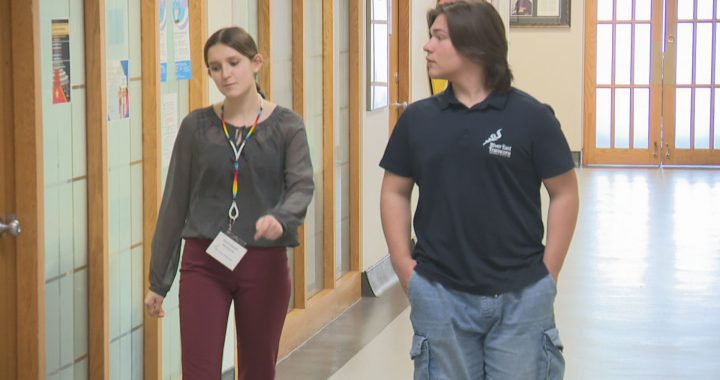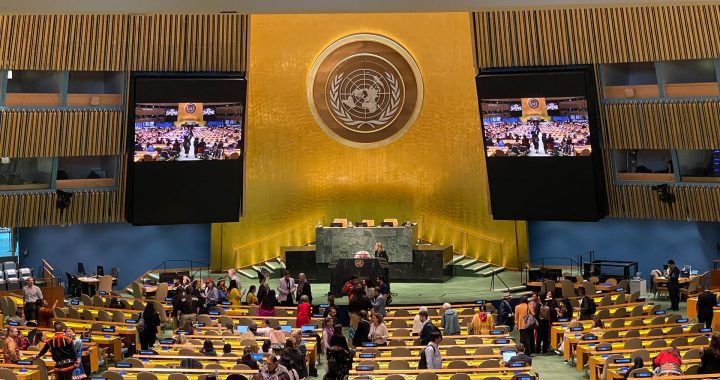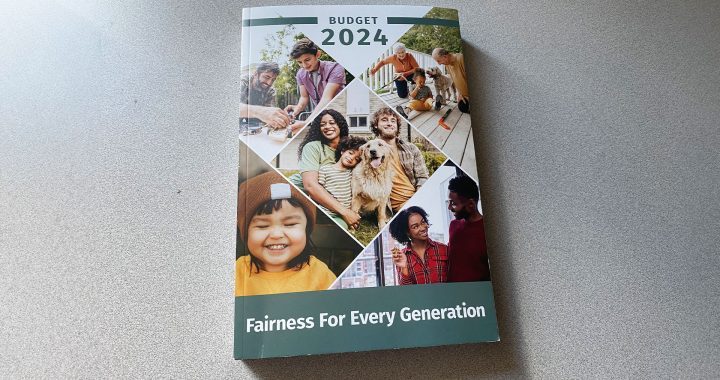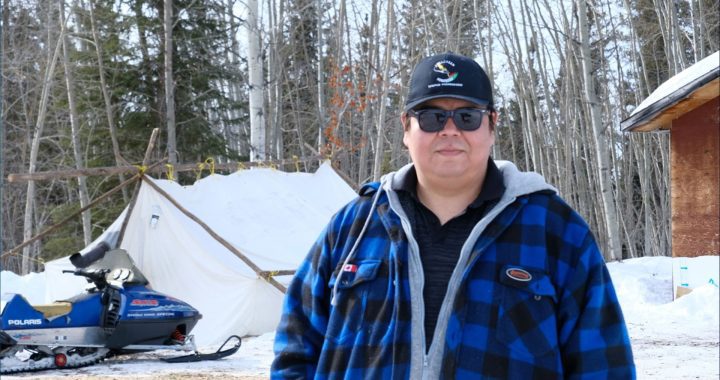The First Nations Leadership Council, six environmental groups, four First Nations and two mineral exploration businesses have joined the Gitxaala Nation as intervenors to challenge the province’s so-called “free entry” system in mining.
Naxginkw (Tara Marsden), speaking on behalf of Gitanyow Hereditary Chiefs who are supporting Gitxaala chiefs, says the court case is about how the province grants mineral rights.
“It is really about the system in which tenures are granted; right now, people can go online and stake a mineral claim,” Naxginkw said in an interview with APTN News.
“That gives them a priority right to that land, the priority to exclusively explore for mineral, as well as have an economic interest in the land.”
Court
Gitanyow hereditary chiefs are sharing their views in court because a mineral claim was made in their territory on the Nass River – an area where sockeye salmon spawn.
“We have this combination of mineral tenures that are sensitive without our knowledge or consent, and then we have new data on spawning,” added Naxginkw.
“Clearly, mines can be done in a sustainable manner, but in salmon spawning watersheds, it’s especially risky to mine or a tailings pond.”
The Gitxaala started litigation against B.C. in 2021, challenging B.C.’s practice of granting mineral claims without Indigenous consultation or consent.
Under the Mineral Tenure Act, a “free miner” can acquire mining rights online through an automated system; this includes any corporation or anyone over 18 that can legally work in Canada.
Judicial review
The judicial review hearings started last week and are being heard along with Ehattesaht First Nation, which filed a similar claim last summer.
The nations are asking the courts to overturn the mineral claims and have the Mineral Tenure Act align with the U.N. Declaration on the Rights of Indigenous Peoples (UNDRIP), including the principle of “free, prior and informed consent.”
B.C. adopted UNDRIP in 2019.
Gitxaała Chief Councillor Linda Innes agrees the case is about the province respecting Indigenous rights.
“The importance of this case, and widespread concern with B.C.’s failure to respect Indigenous rights in its mineral claim regime, are demonstrated by all those joining us in the courtroom today,” she said in a statement.
“Their own experiences highlight why ensuring respect for Indigenous governance and law is in everyone’s interest, including the mining industry and the public, in order to sustainably manage the lands and waters that sustain us all.”c
First time
The proceedings will be the first time the B.C. Supreme Court is asked to interpret the Declaration on the Rights of Indigenous Peoples Act.
Naxginkw says B.C.’s way of granting mineral rights is a colonial relic and needs to be overturned.
“It goes back to the Gold Rush essentially,” she said. “People came in and they were searching for gold and other minerals.
“For as long Indigenous people have been raising the issue of unceded land and the need for treaties and long-term agreements, this has been an issue.”
The hearing is expected to wrap up this Friday.









